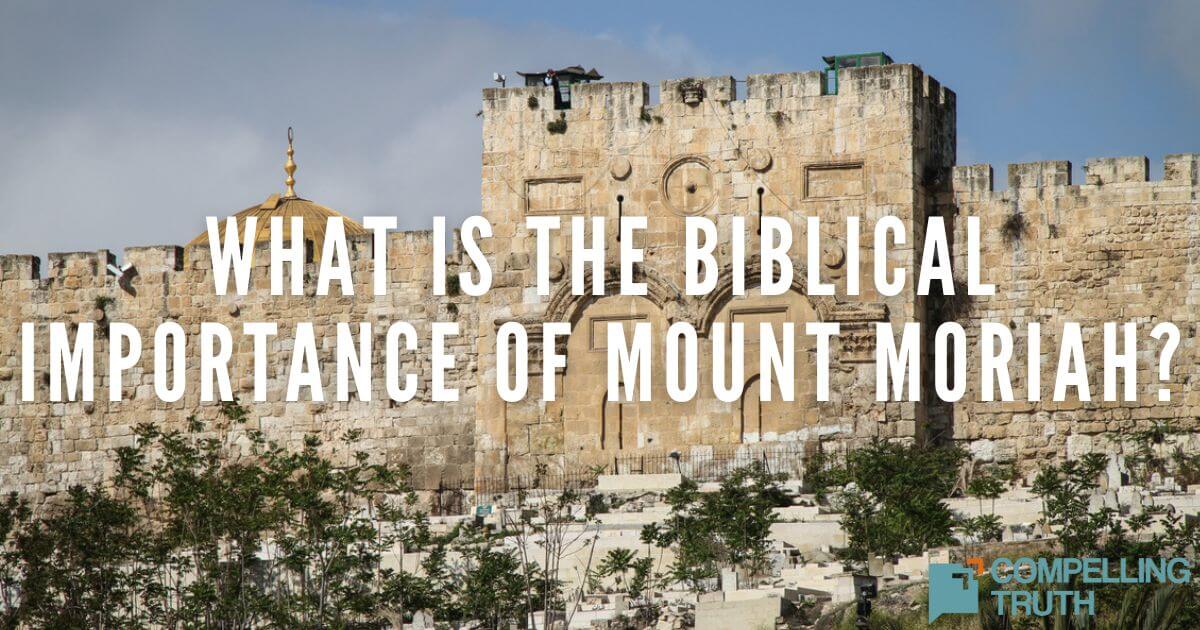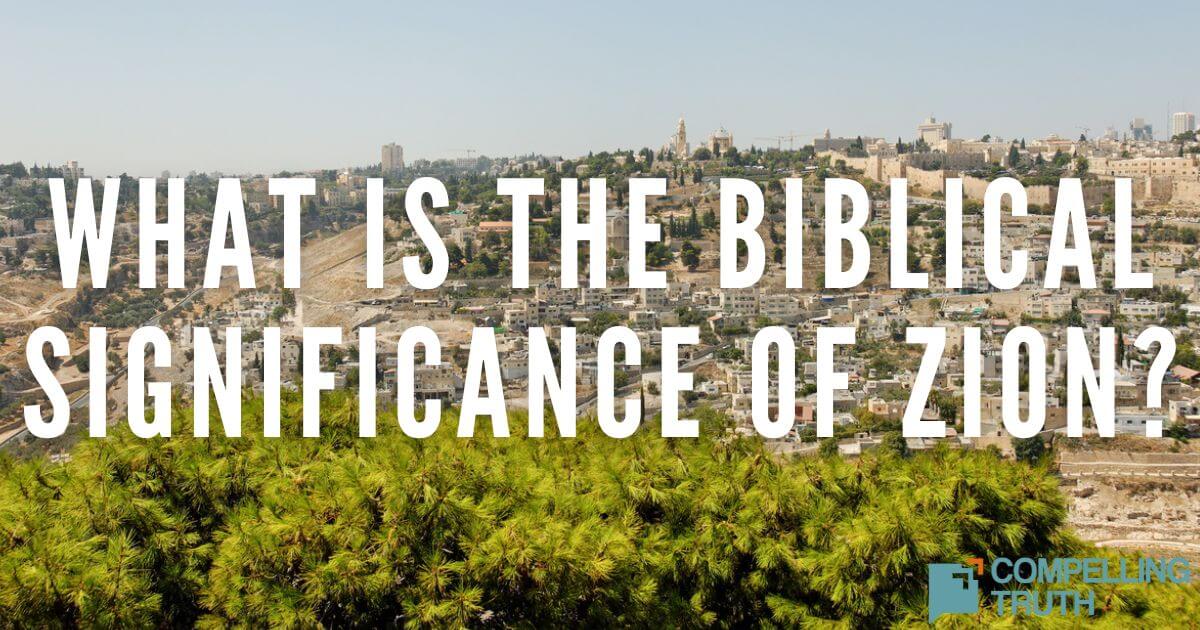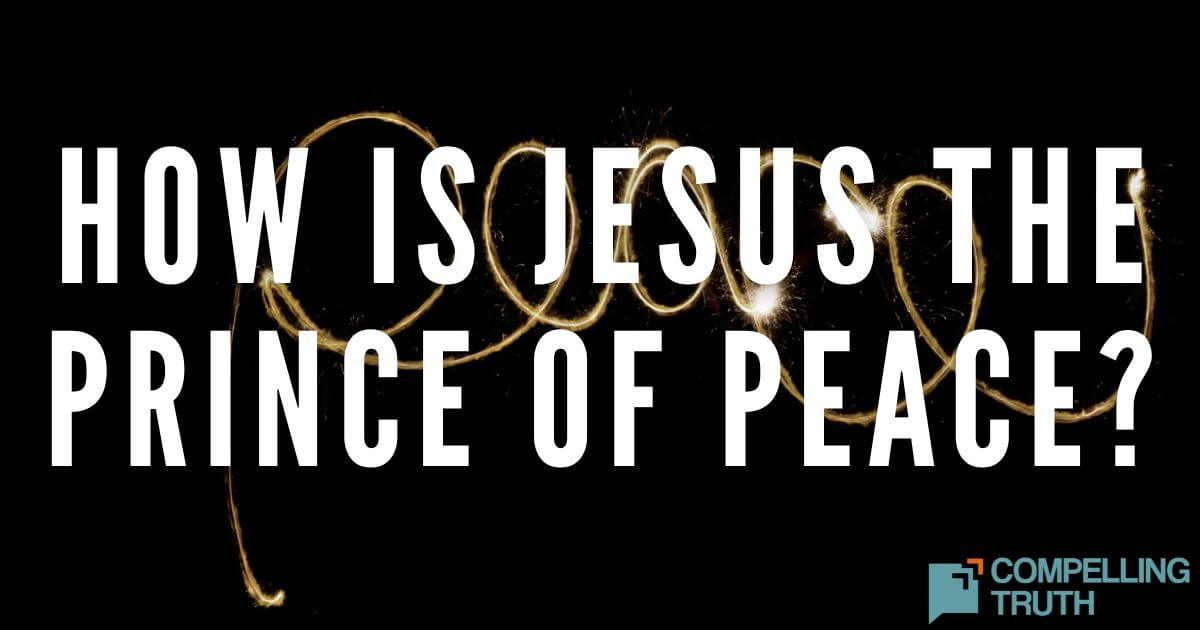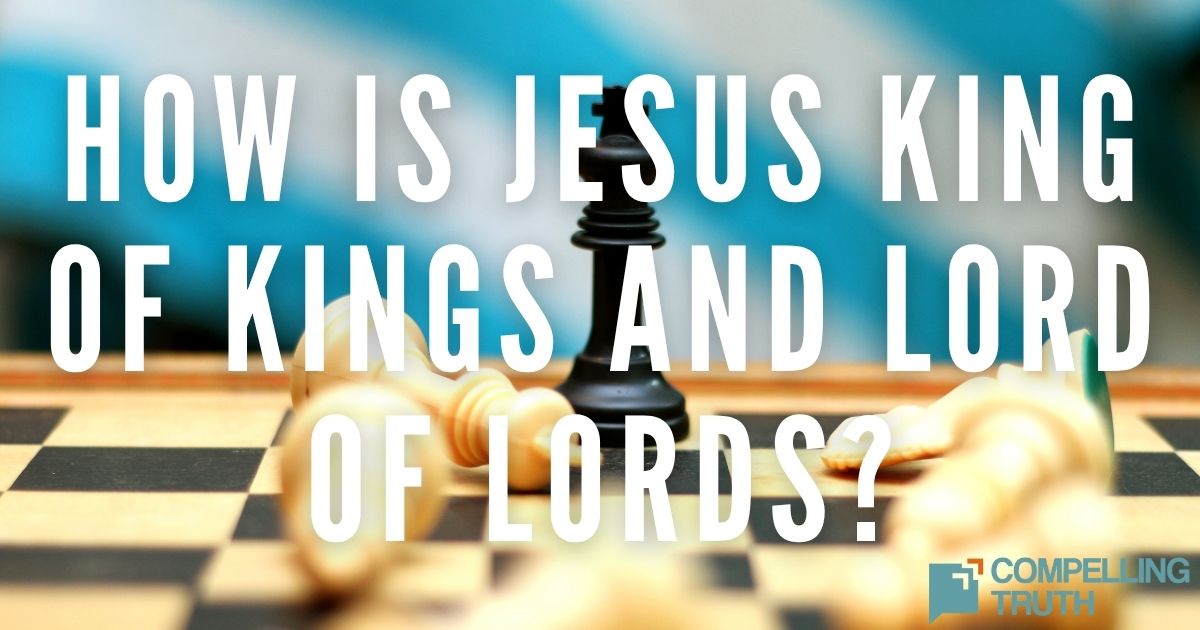Shiloh, mentioned frequently in the Old Testament, was a place of worship before Jerusalem's temple was built, and it holds significance for Messianic prophecy. Jacob's blessing in Genesis 49:10 speaks of a future ruler ("Shiloh") from the tribe of Judah, referring to the Messiah. Shiloh symbolizes the everlasting Ruler, fulfilled in Jesus Christ. In the New Testament, references to Jesus Christ draw from Shiloh's significance, as Jesus fulfills the Messianic prophecy, coming from Judah's lineage. Understanding Shiloh teaches us to seek God's presence, trust in His promises, find hope in Christ, obey God's commands, and recognize His constancy amidst change. Shiloh's lessons guide us to live faithfully according to God's will.
The biblical significance of Shiloh reminds us of the centrality of seeking God's presence in our lives, just as the tabernacle was established there. Shiloh means “tranquil,” “quiet,” or “calm.” God’s presence in our lives provides us the peace we need to be still, even in the midst of our circumstances. Further, Jesus described as Shiloh reminds us that He is our rest. It gives meaning to Jesus’ call in Matthew 11:28-30: “Come to me, all who labor and are heavy laden, and I will give you rest. Take my yoke upon you, and learn from me, for I am gentle and lowly in heart, and you will find rest for your souls. For my yoke is easy, and my burden is light.” Ultimately, understanding Shiloh leads us to rely on God's faithfulness, find hope in Christ, and live in peace, living obediently to His will.




